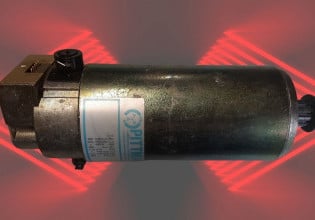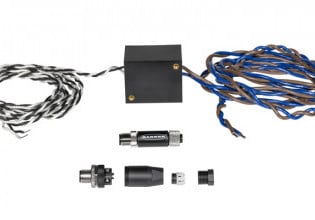M
I developed a thermal model, its open loop system has complex RHP zeros. Is it possible?
If my model is correct, what could cause the system to have complex RHP zeros?
How the complex RHP zeros affect the system performance limits? Quantitively?
Thank you very much for your help.
If my model is correct, what could cause the system to have complex RHP zeros?
How the complex RHP zeros affect the system performance limits? Quantitively?
Thank you very much for your help.






